IT certifications can significantly advance your career by showcasing your knowledge of and dedication to continuing education in the IT sector. Companies frequently give candidates with credentials the edge because they prove a specific skill set and degree of understanding. A certification can also increase earning potential, improve job security, and open new career opportunities. Also, obtaining a certificate can help you advance your education and skills. Credentials are essential to succeed in IT, but they shouldn’t be the primary focus. Work experience and ongoing education are equally important.
1. CompTIA A+
The vendor-neutral CompTIA A+ certification means to verifying the fundamental skills and knowledge needed by entry-level IT professionals. It addresses various issues about networking, security, hardware, and software. Two tests comprise the certification: Core 1 (220-1001) and Core 2. (220-1002). Hardware, networking, mobile devices, and cloud computing are all covered in Core 1, whereas operating systems, security, and troubleshooting are the main themes in Core 2. The certification is accepted worldwide and is frequently required for many IT professions. The certificate can also be a stepping stone to more difficult ones, particularly for IT specialties like networking or cybersecurity.
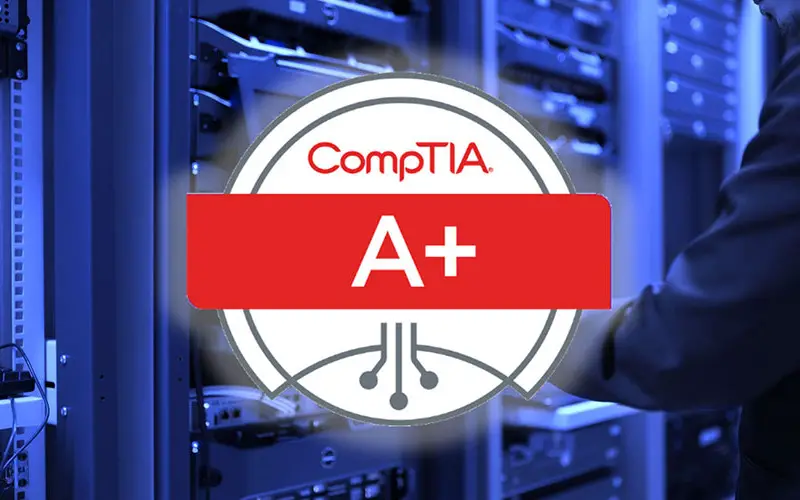
2. Cisco Certified Network Associate (CCNA)
The Cisco Certified Network Associate (CCNA) certification is a well-known IT credential that verifies a candidate’s knowledge and abilities in automation and programmability, IP connection, network access, security fundamentals, and networking fundamentals. Cisco, a top supplier of networking tools and services, provides this certification. CCNA certification is for those who want to work in networking or are already employed in the industry. Candidates must pass a single test covering network basics, network access, IP connectivity, IP services, security fundamentals, automation, and programmability to earn the CCNA certification. The CCNA certification is widely respected in the IT sector and can be an excellent tool for anybody looking to work in networking. It can assist people in advancing their professions and raising their earning potential by showcasing a candidate’s fundamental expertise in network management.
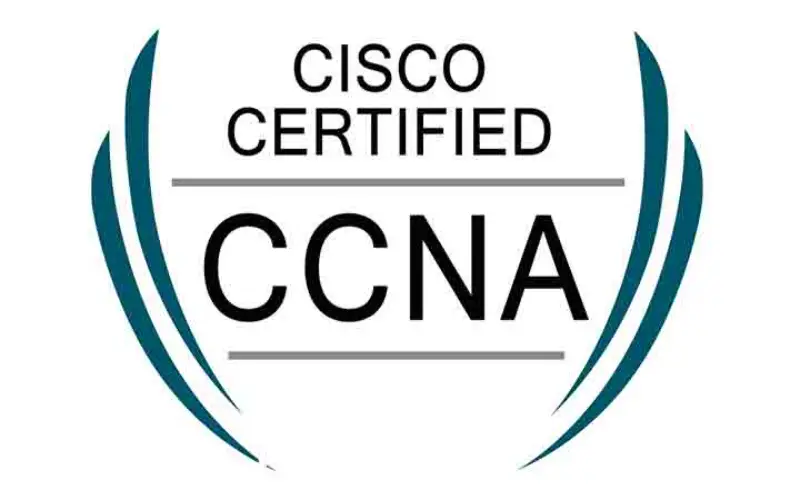
3. Certified Information Systems Security Professional (CISSP)
CISSP, or Certified Information Systems Security Professional, is one of the most widely recognized certifications in information security. It is made available by the (ISC)2 International Information System Security Certification Consortium. It verifies their knowledge and expertise in a variety of information security domains. The CISSP certification is designed for seasoned information security professionals, security and risk management, software development security, security assessment and testing, security engineering and architecture, identity and access management, communication and network security, security operations, and asset security are some of the disciplines. To become a CISSP (CBK), candidates must complete the CISSP exam, a six-hour test with 250 questions that cover all eight areas of the CISSP CBK. Applicants must have a college degree and relevant work experience in two or more CBK domains to be eligible. Once certified, CISSPs must get relevant work experience in two or more CBK domains. Continuing Professional Education (CPE) credits to keep their certifications current and stay informed of new information security advancements.
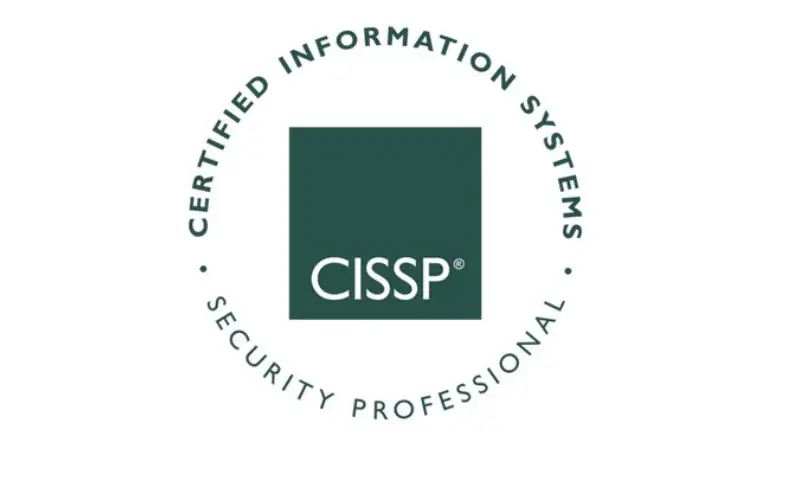
4. Microsoft Certified Solutions Associate (MCSA)
The Microsoft Certified Solutions Associate (MCSA) certification is a credential designed for IT professionals who want to demonstrate their expertise in Microsoft technologies and solutions. The MCSA certification is one of Microsoft’s entry-level certifications, and it validates an individual’s knowledge and skills in implementing, managing, and maintaining Microsoft technologies. To earn an MCSA certification, candidates must pass a series of exams related to a specific technology or solution. For example, the MCSA Windows Server 2016 certification requires passing three exams related to Windows Server 2016 administration, networking, and storage. Similarly, the MCSA SQL Server 2016 certification requires passing two exams associated with SQL Server 2016 administration and development. MCSA certifications are available for various Microsoft technologies and solutions, including Windows Server, SQL Server, Office 365, SharePoint, and more. The certification is valid for three years, after which candidates must either recertify by passing a relevant exam or earn enough Continuing Education (CE) credits to maintain their certification. The MCSA certification demonstrates a candidate’s expertise in a particular Microsoft technology or solution. It can help IT professionals advance their careers in roles such as systems administrator, network administrator, database administrator, or IT support specialist.
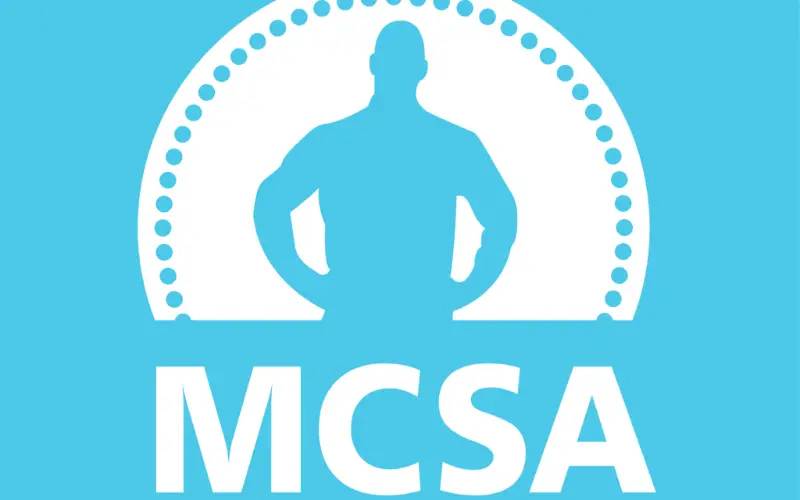
5. Project Management Professional (PMP)
There is no doubt that the Project Management Professional (PMP) certification is a widely recognized in project management. It is provided by the Project Management Institute (PMI) and intended to show a candidate’s understanding and proficiency in project management. To become a PMP, candidates must meet the necessary education and professional requirements and pass a challenging exam covering topics such as risk management, scope management, cost management, procurement management, , human resource management, quality management, communication management, project integration management and time management. The minimum educational requirement is a high school diploma or its equivalent, as well as either a bachelor’s degree and a minimum of 3 years of project management experience or a bachelor’s degree and a minimum of 5 years of project management experience. Candidates must also finish 35 hours of project management training. In the project management, the PMP certification is highly regarded and frequently necessary for senior-level project management employment. After three years, the certification expires, and the candidate must either retake the test or obtain enough Professional Development Units (PDUs) to keep it current.

6. AWS Certified Solutions Architect
AWS Certified Solutions Architect is a certification program that Amazon Web Services (AWS) offers to validate candidates’ skills in designing and deploying fault-tolerant, scalable systems on the AWS platform. The certification is aimed at people who have experience creating and delivering apps on Amazon. The AWS Certified Solutions Architect – Associate exam, which covers a wide range of topics related to AWS architecture, including AWS services and features, security and compliance, network technologies, and data storage options, must be passed by candidates to become AWS Certified Solutions Architects. There are 130 minutes to complete the exam, which consists of multiple-choice and multiple-answer questions. Individuals who pass the AWS Certified Solutions Architect – Associate exam can then pursue advanced certifications like the AWS Certified Solutions Architect – Professional, which confirms their skills in designing and deploying complex applications on AWS. Holding an AWS Certified Solutions Architect certification can help individuals stand out in the job market and demonstrate their ability to design and deploy scalable and reliable applications on AWS.
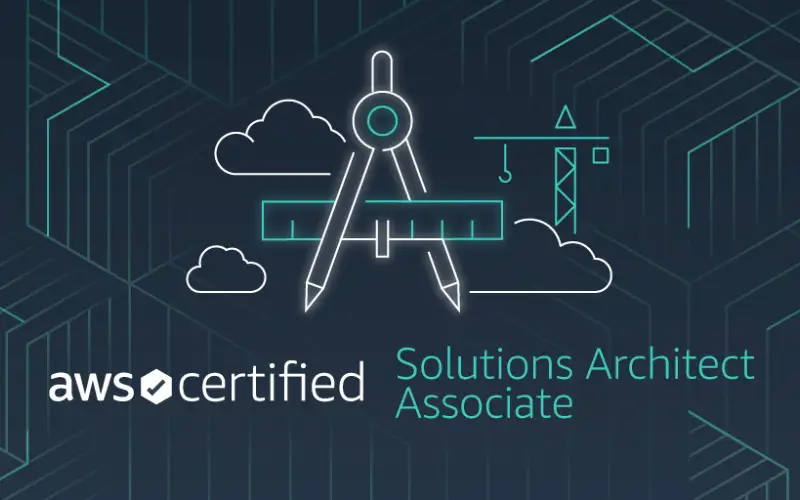
7. Certified Ethical Hacker (CEH)
The International Council of E-Commerce Consultants (EC-Council) offers the Certified Ethical Hacker (CEH) professional certification to anyone who aspires to become an ethical hacker. The certificate is made for those who want to find the weak points and gaps in computer networks and systems so they can be patched up and protected from potential cyberattacks. Someone must finish a training course and pass an exam to become certified as CEH. Information security, hacking methods, network scanning, social engineering, and vulnerability assessment are some subjects covered in the training course. Globally, CEH accreditation is highly respected and accepted by organizations and companies. It equips professionals with the abilities and information to defend computer networks and systems from harmful attacks.
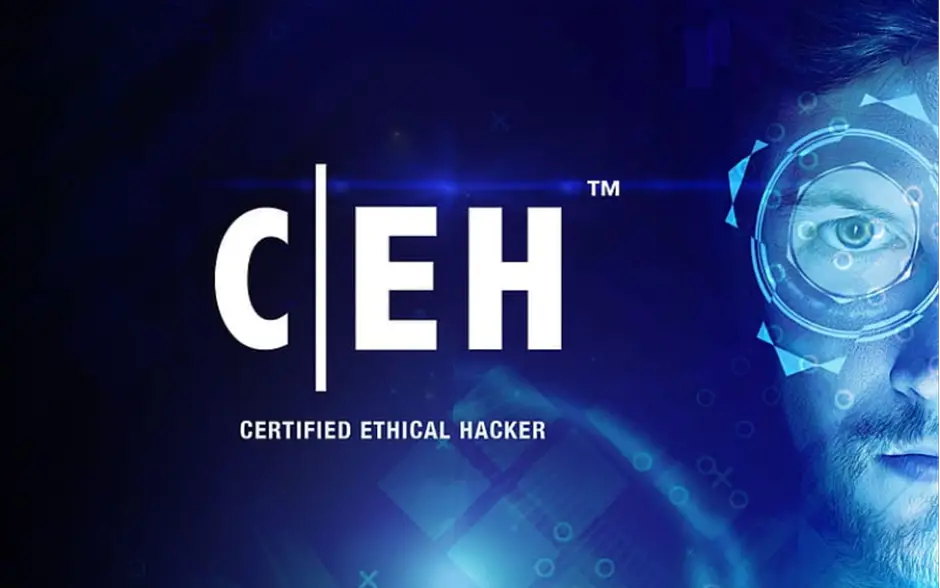
8. VMware Certified Professional (VCP)
VMware Certified Professional (VCP) is a certification that validates an individual’s technical competency with VMware vSphere and related technologies. It is designed to distinguish IT professionals with data center virtualization skills on the market. VMware offers certifications in multiple technology areas with levels for those new to the industry and experts in the field. The VCP-DTM 2023 certification is specifically for desktop management and validates a candidate’s skills in performing in-depth configuration and management of VMware Horizon environments. To obtain the certification, a candidate must take a VMware-authorized training course, demonstrate hands-on experience with VMware technologies, and pass the certification exam.
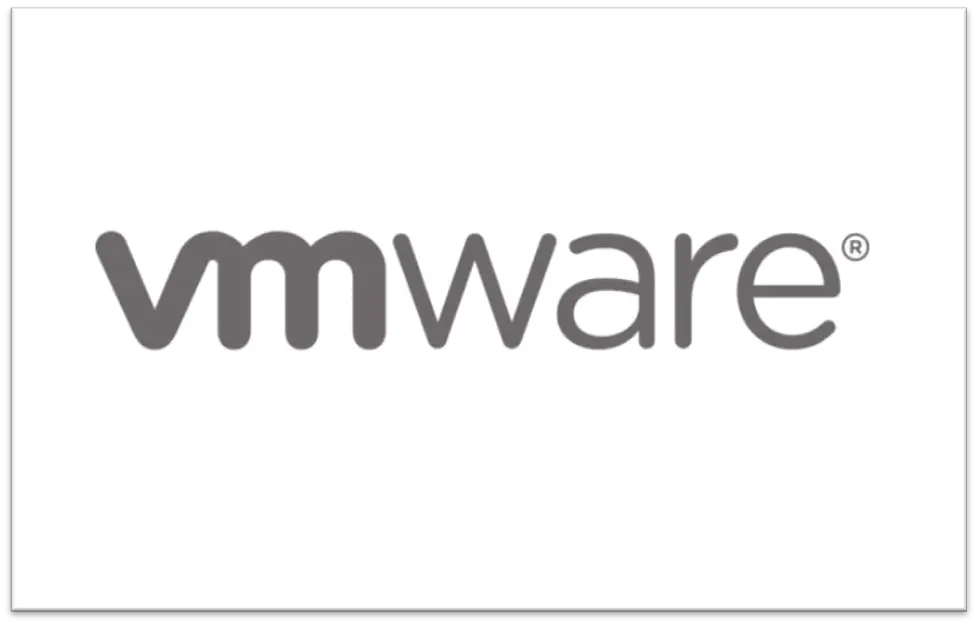
9. ITIL Foundation
IT professionals who want to learn the basics of the ITIL framework should pursue this certification. Information Technology Infrastructure Library, or ITIL, is a collection of IT service management (ITSM) best practices that aid enterprises in integrating their IT services with their operational requirements. The ITIL Foundation certification offers knowledge of the core ideas, values, and terminology used in the ITIL framework. The five phases of the ITIL service lifecycle are service strategy, service design, service transition, service operation, and continual service improvement. It also covers the ITIL processes, functions, roles, and responsibilities. The ITIL Foundation certification exam is a multiple-choice exam with 40 questions. For a passing score of 65%, you must answer at least 26 questions correctly. The exam has a 60-minute time limit and is typically taken in a proctored setting. Higher-level ITIL certificates, including ITIL Practitioner, ITIL Intermediate, ITIL Expert, and ITIL Master, all require ITIL Foundation as a prerequisite. It is a valid credential for IT professionals who wish to improve their career prospects by gaining a deeper understanding of IT service management.
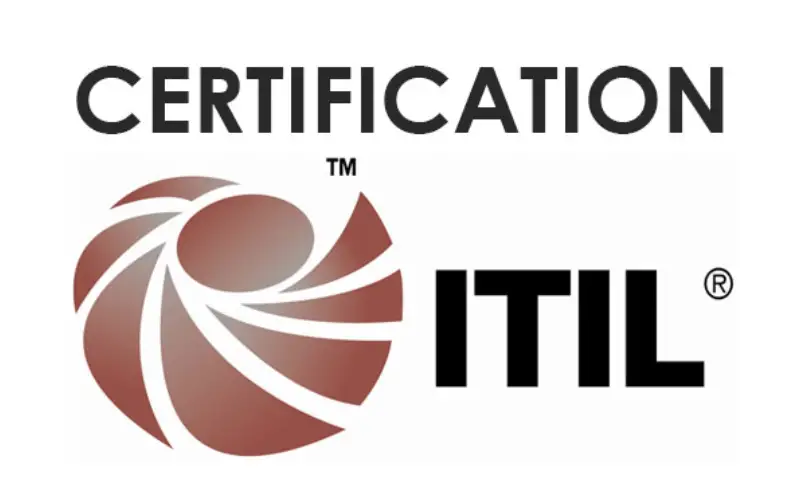
10. Red Hat Certified System Administrator (RHCSA)
Red Hat, a top supplier of open-source software solutions, offers the Red Hat Certified System Administrator (RHCSA) certification program. Through the RHCSA certification program, it is necessary to show that you have knowledge and skills for managing and configuring Red Hat Enterprise Linux systems. The RHCSA certification exam is a performance-based exam that requires candidates to perform real-world tasks on a live system. The exam comprises multiple-choice questions and hands-on activities that gauge a candidate’s proficiency in system administration duties such as configuring network interfaces, managing storage, and setting up and maintaining user accounts. Candidates must successfully complete the RHCSA exam, which can be taken online or at a Red Hat testing centre, to become certified. After three years, candidates must recertify by passing the most recent RHCSA exam to maintain their RHCSA certification. Working with Red Hat Enterprise Linux systems requires an IT professional to have the RHCSA certification. It demonstrates to employers and clients that the certified individual has the skills and knowledge to manage and troubleshoot complex Linux systems in a production environment. Earning one or more of these IT certifications can give you a competitive edge in the job market and help advance your career. However, it is essential to remember that certifications are not a substitute for experience and practical skills. To develop into a well-rounded IT expert, certification and practical experience are both advised.


















